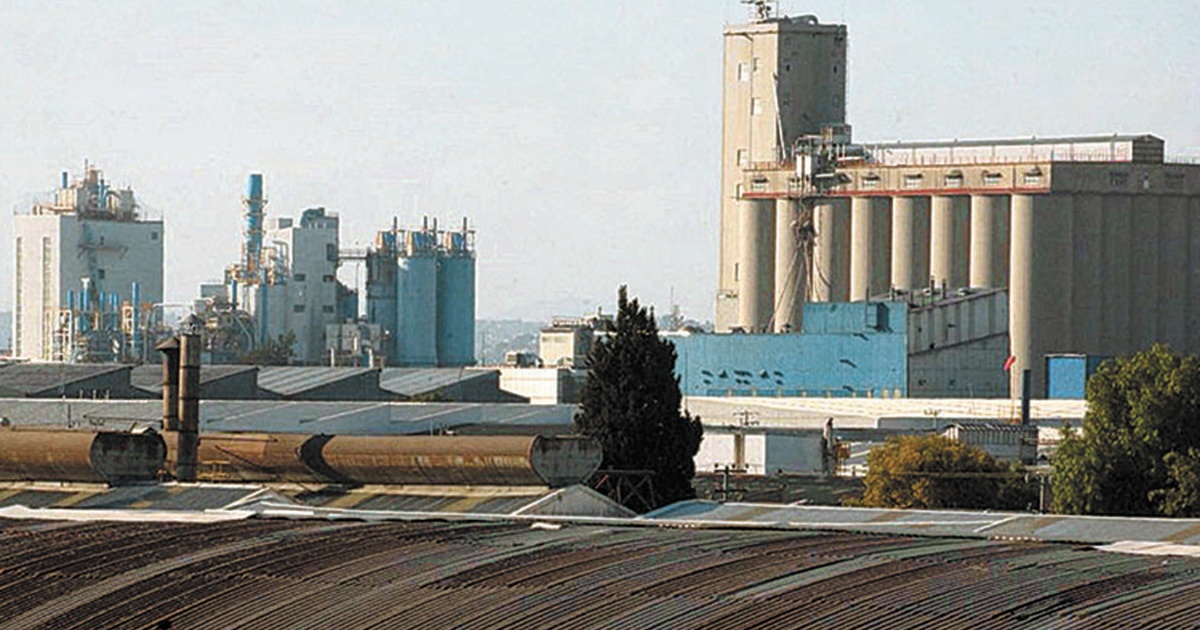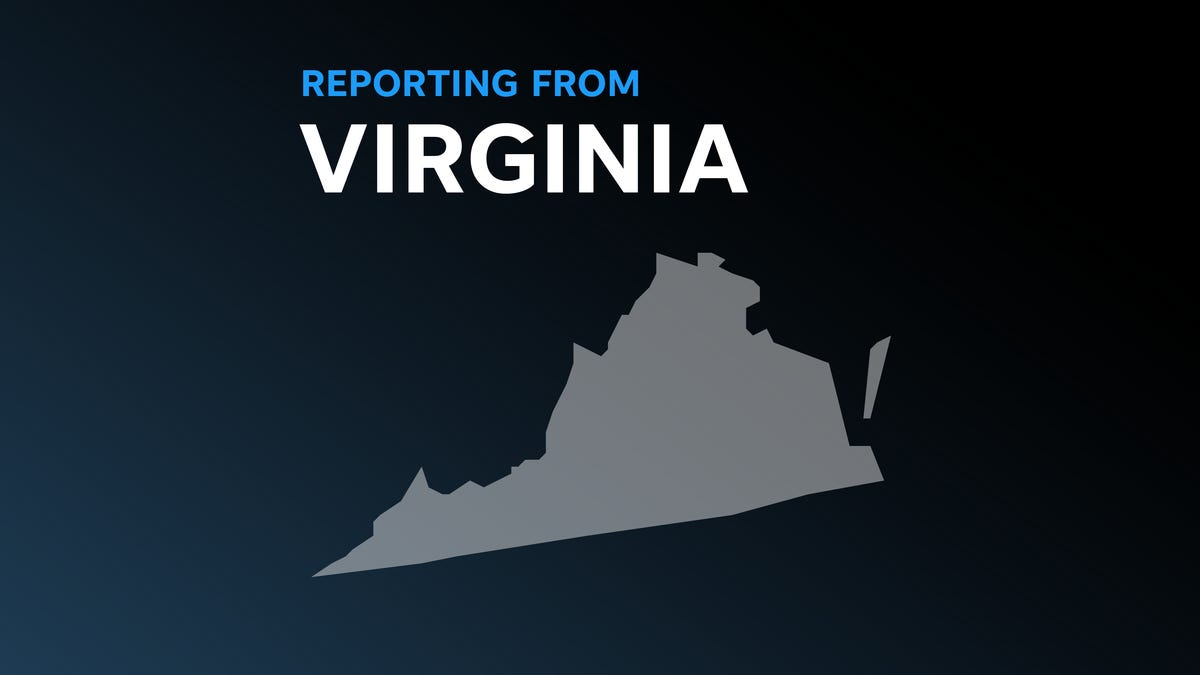Guadalajara, Jal. Faced with the great opportunities that nearshoring or company relocation entails, Jalisco announced last November a “new generation” public policy aimed at consolidating the state as the hub of innovation, talent and high technology in Latin America.
Said policy, called the Jalisco Tech Hub Act, has a budget of 2,290 million pesos and, by the end of this month, the operating rules of the programs through which the resources will be dispersed will be ready.
“In the Legislative Branch, I estimate that before June, we will have the policy well anchored with modifications to the Science and Technology laws, the Education Law, the Investment Attraction Law,” the coordinator shared with El Economista. General of Growth and Economic Development of Jalisco, Xavier Orendain.
For now, he said, Governor Enrique Alfaro has already issued all the executive orders to the different state agencies instructing them that, in all their programs this year, the predominant focus is the Tech Hub Act policy.
He cited as an example that the Ministry of Economic Development (Sedeco) will give priority support to the incorporation of micro, small and medium-sized enterprises (MSMEs) into the value chain.
According to Orendain De Obeso, this public policy has the objective of strengthening the capacities of the innovation and high-tech ecosystem, developing the talent demanded by companies seeking to relocate and transmitting certainty to them, as well as strengthening the alliance between the productive sector, academia and government.
axes
One of the main axes of the Jalisco Tech Hub Act is the training, development and attraction of human talent for which a budget of 398.6 million pesos will be used to teach the English language, in postgraduate programs in Information Technology. Information (IT), electronics and computer sciences, in addition to the development of infrastructure for the development of talent that will have a budget of 1,256 million pesos.
Likewise, public policy contemplates the simplification of procedures, the promotion of the creation and consolidation of industry 4.0 companies, the strengthening of the productive chain of MSMEs and a budget of 117 million pesos for incentives to companies, and 518.7 million pesos. million pesos for territorial reserve.
That the industrial parks can have not only energy and water but also housing and schools (…) The state government is putting an area of 140 hectares at the service of this project”, commented the coordinator of the economic cabinet.
Goals
When detailing the goals that Jalisco has with this policy, Xavier Orendain specified that in 2021 the state captured 2,123 million dollars of Foreign Direct Investment (FDI), and they plan to reach 3,000 million in 2024 and 5,000 million in 2030.
Meanwhile, exports that in 2021 amounted to 30,218 million dollars and would reach 35,000 million in 2024 and 50,000 million by 2030.
Energy supply, the main challenge for the relocation of companies
The main challenge of the country’s states is energy supply, otherwise, nearshoring cannot be used, explained the deputy director of Economic Analysis of Ve por Más (Bx+), Alejandro Saldaña.
Derived from the Bx+ Trends webinar “2023: Challenges and Opportunities”, the specialist explained that despite the inflationary effect and the global recession, an opportunity gap has already opened up due to the relocation of supply chains to subnationals, specifically for the northern and Bajío regions.
“Not everything is bad, we have a very positive situational factor for Mexico, which are the investments associated with nearshoring and the T-MEC, which are already a reality,” he explained.
He stressed that the country’s industrial vocation, which has been concentrated on the northern border and in the Bajío, is making it possible to take advantage of this relocation phenomenon, which, if its success is ensured, would be the way to alleviate the economic challenges that are coming from the international plane.
“Investments from China, the United States, and Spain have been growing significantly. It is a trend that will surely be accentuated in the coming years to the extent that the companies that have established themselves in Asia try to avoid this distancing”, he reiterated.
However, the deputy director explained that if you want to take advantage of this situation, you have to attend to the energy part due to the current demand. (Camila Ayala Espinosa)
estados@eleconomista.mx
hartford car insurance shop car insurance best car insurance quotes best online car insurance get auto insurance quotes auto insurance quotes most affordable car insurance car insurance providers car insurance best deals best insurance quotes get car insurance online best comprehensive car insurance best cheap auto insurance auto policy switching car insurance car insurance quotes auto insurance best affordable car insurance online auto insurance quotes az auto insurance commercial auto insurance instant car insurance buy car insurance online best auto insurance companies best car insurance policy best auto insurance vehicle insurance quotes aaa insurance quote auto and home insurance quotes car insurance search best and cheapest car insurance best price car insurance best vehicle insurance aaa car insurance quote find cheap car insurance new car insurance quote auto insurance companies get car insurance quotes best cheap car insurance car insurance policy online new car insurance policy get car insurance car insurance company best cheap insurance car insurance online quote car insurance finder comprehensive insurance quote car insurance quotes near me get insurance







